Three Ways to Say No to a Reference Request
This post was originally published in the Harvard Business Review.
Christopher, a seasoned real estate executive, left his job in early 2013 to move to a competitor’s firm. Less than three months later, he received a call from his former boss Theo — in search of a reference letter himself. Christopher was dumbfounded — he had left his former firm precisely because of Theo, a terrible manager whom colleagues found intolerable.
How should Christopher respond? Could he, in good conscience, say yes to providing a letter of reference to someone he didn’t like or respect? Could he say no, and tell Theo off? Christopher listened politely, vacillating between surprise and schadenfrude, racking his brain for a way out of a seemingly no-win situation.
Saying “no” these days isn’t easy. Most of us are terrible at it. There are plenty of people who assure us we’ll be happier if we say no more often. The challenge isn’t entirely philosophical — we know we should say no more often. It’s tactical: how do you actually say no when you’re put on the spot?
If you find yourself in the unenviable position of being asked for a reference letter you have no interest in, or ability to write, there is a way out. In fact, there are three ways out — three excuses that are perfectly suitable. They include:
1. Not being willing or able to spend the time
2. Not knowing someone well enough
3. Not being able to provide a glowing review
Not willing to spend the time. It’s not that you don’t have a little extra time on your hands; it’s that you’re not willing to take the time from what’s important to you — whether it be mission-critical tasks at work or a spending time with your family. Steve Job was famous for saying “no” to 1000 things and using “no” as a strategic business decision. If the ultimate sign of success is an open calendar, think of this “no” as a move towards freeing up your most valuable asset. Play the travel card, the closing a deal card, or the family card — concede that you don’t have the ability to serve as a worthy reference or write an adequate letter of recommendation because it’s takes too much effort away from what you are truly focused on in the moment.
Not knowing someone well enough. The best references come from people who know you, your character, and your work product extremely well. If you’re asked to vouch for someone you don’t know well, the chances of you knocking it out of the park are extremely low. It’s in no one’s best interest for you to spend your political capital endorsing someone you don’t know intimately or can’t speak about genuinely.
So be honest, and decline on behalf of the other person’s best interests: “Medha, I wish I could help, but I really don’t think I know you well enough to provide as strong a reference as you probably need and deserve. I’d encourage you to reach out to someone who knows your work style/product/ethic better. As much as I’d like to help, I think you’ll be better served with someone else.”
Not being able to provide a glowing review. Finally, if you are Christopher and you simply can’t find enough (or any) good things to say about your former boss, it’s in everyone’s best interest to bow out early. Tell Theo that you’d love to help, but you recognize that the letter of reference you’d provide likely wouldn’t reach the level of praise he’s shooting for.
It makes for a tough conversation for sure. But ultimately, it shows that you have Theo’s best interest at heart. The option of saying yes and then badmouthing your boss isn’t really an option — that’s a below the belt tactic you should avoid at all costs.
So take the high road. Have the difficult conversation upfront, but know that your conscience stays intact and Theo’s future job prospects aren’t lampooned by you. It’s one thing to decline endorsing someone; it’s another thing entirely to say yes and then jeopardize their future.

